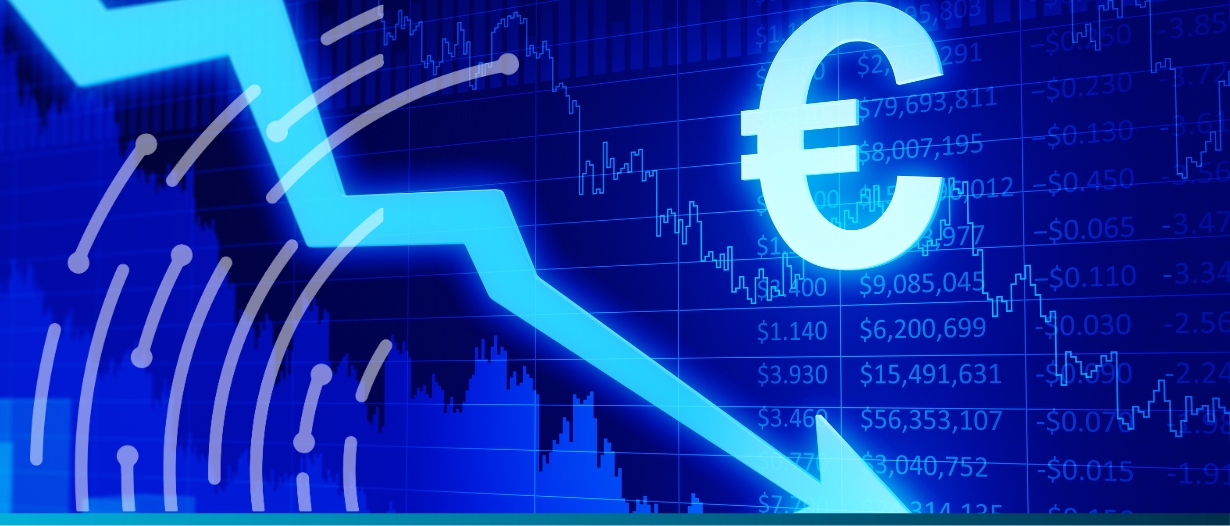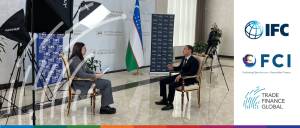Estimated reading time: 2 minutes
Last month, the euro zone saw an unprecedented reduction in circulating money as banks cut back on lending and savers stashed away their funds. These developments are direct outcomes of the European Central Bank’s (ECB) aggressive measures to counter historically high inflation rates.
Facing the highest inflation levels in its nearly 25-year history, the ECB has tightened its monetary policy by setting record-high interest rates and retracting some of the liquidity it had previously infused into the banking system.
Data released by the ECB on Wednesday suggests that the steep rise in borrowing costs is having the intended impact. This could ignite discussions about whether such rapid monetary tightening might even tip the 20-nation euro zone into a recession.
A specific indicator of money supply, consisting only of cash and current account balances, plummeted by an unparalleled 11.9% in August. This happened as bank clients transitioned to term deposits, which are now more lucrative due to the ECB’s rate hikes.
According to the ECB’s own research, a decline in this measure of money, when adjusted for inflation, is a reliable predictor of an impending recession. However, board member Isabel Schnabel commented last week that the current drop is more likely indicative of a normalisation in savers’ investment strategies.
A more expansive measure of money supply, which also includes term deposits and short-term bank debt, also fell by a record 1.3%. This indicates that some funds are exiting the banking sector entirely, likely to be invested in government bonds and mutual funds.
“This paints a bleak picture for the euro zone’s near-term prospects,” Daniel Kral, an economist at Oxford Economics, said. “We now think GDP is likely to contract in Q3 and to stagnate in the final quarter of this year.”
Importantly, there has been a decline in money creation through loans. Lending to businesses nearly came to a standstill in August, growing by just 0.6%, the lowest rate since late 2015, down from 2.2% a month earlier.
Household lending saw a modest increase of just 1.0%, following a 1.3% rise in July, as reported by the ECB.
The monthly loan flow to businesses was negative 22 billion euros in August compared to July, marking the weakest level in over two years, a period when the bloc was navigating through the pandemic.
“This is not good news for the eurozone economy, which is already stagnating and showing increasing signs of weakness,” said Bert Colijn, an economist at ING. “We expect broad sluggishness to continue as a result of the impact of restrictive monetary policy on the economy.”





























